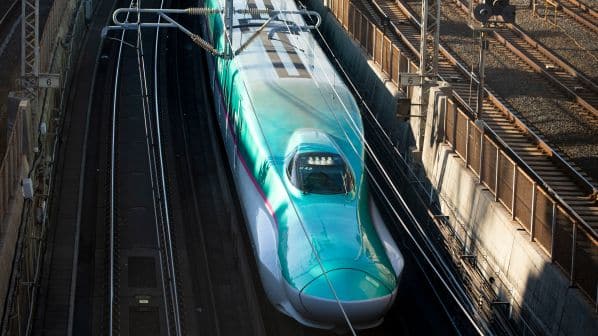JAPANESE companies have reportedly dropped out of the running to contribute to the planned Kuala Lumpur - Singapore high-speed project, reports in the Japanese media suggest.
East Japan Railway (JR East) was among the companies seeking to use Japanese Shinkansen technology in the project. However, The Japan Times says the Japanese firms now deem the project too risky without financial support from Malaysia, citing unnamed sources, including within the Japanese and Malaysian governments.
The deadline for the submission of concept proposals under a Request for Information (RFI) exercise for the project is January 14. Malaysian state-run company MyHSR extended the original November 15 closing date after more than 60% of the companies participating requested additional time to form consortia with potential partners and to explore financial options for the project.
Rather than government spending or debt guarantees, Malaysia is hoping to utilise a public-private partnership (PPP) financing model for the high-speed project, which is expected to cost Ringgits 100bn ($US 21bn).
The Japan Times report says that several local companies are planning to work alongside Chinese and European companies to make firm bids.
A similar scheme first proposed in 2013 and agreed between the Malaysian and Singaporean governments was dropped by the Malaysian government in January 2021 due to concerns over cost. Civil works contractors had been appointed for the approximately 350km project, which aimed to offer a 1h 30min journey time.
The subsequent Malaysian government administration is hoping to revive the project and MyHSR is currently seeking proposals to develop and operate the proposed railway. The company reported receiving an “overwhelming response” to a briefing on the RFI exercise in July, which attracted 700 representatives from domestic and international companies.
Following the conclusion of the RFI exercise, MyHSR is expected to shortlist bidders in the next few months and begin “full-fledged” negotiations with Singapore later this year at the earliest, The Japan Times reports.
For detailed data on high-speed projects from around the world, subscribe to IRJ Pro.




